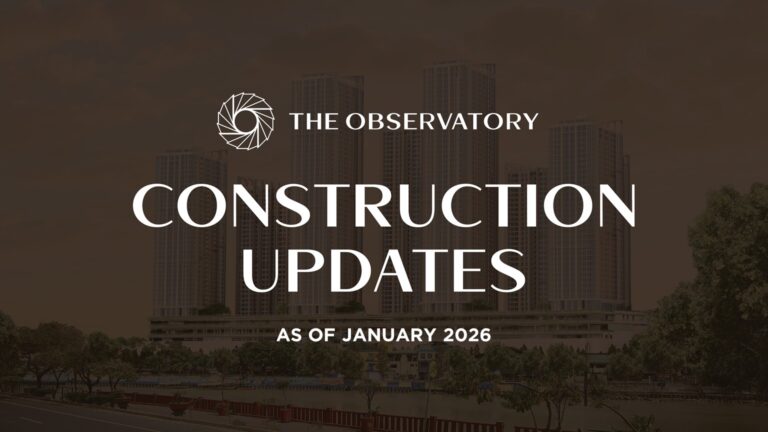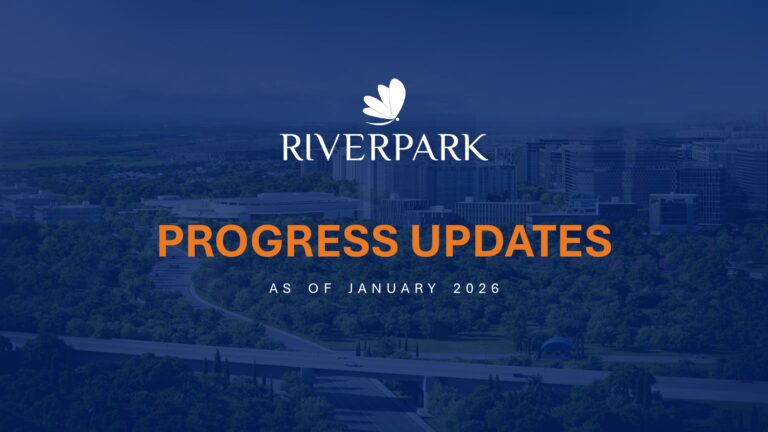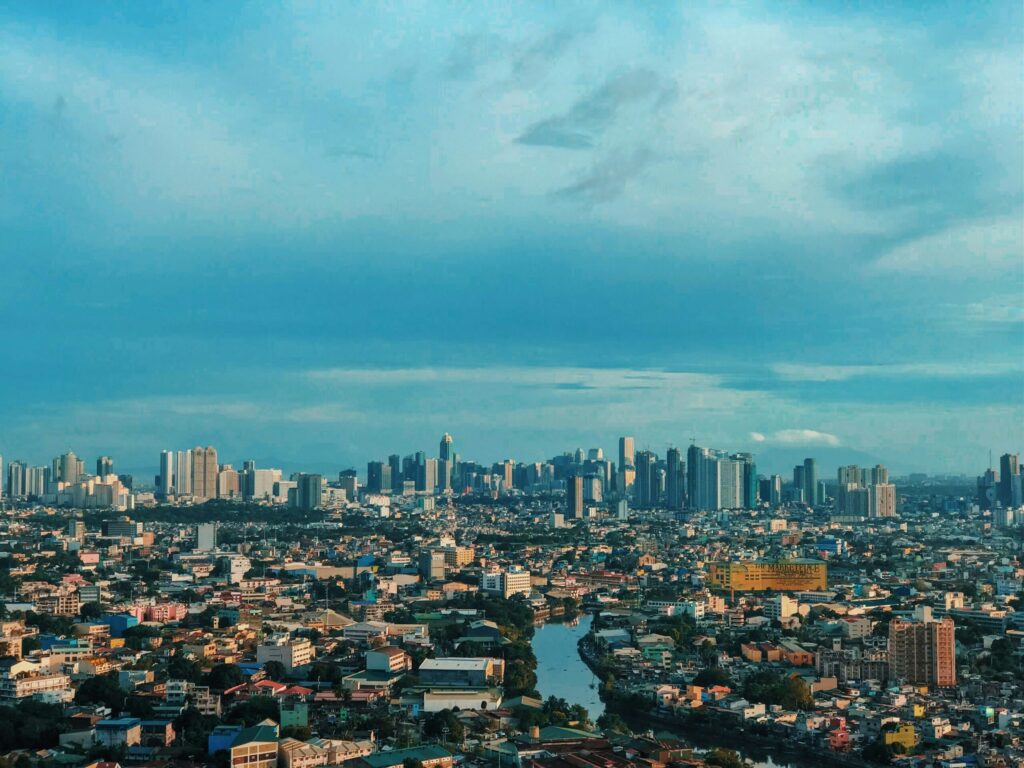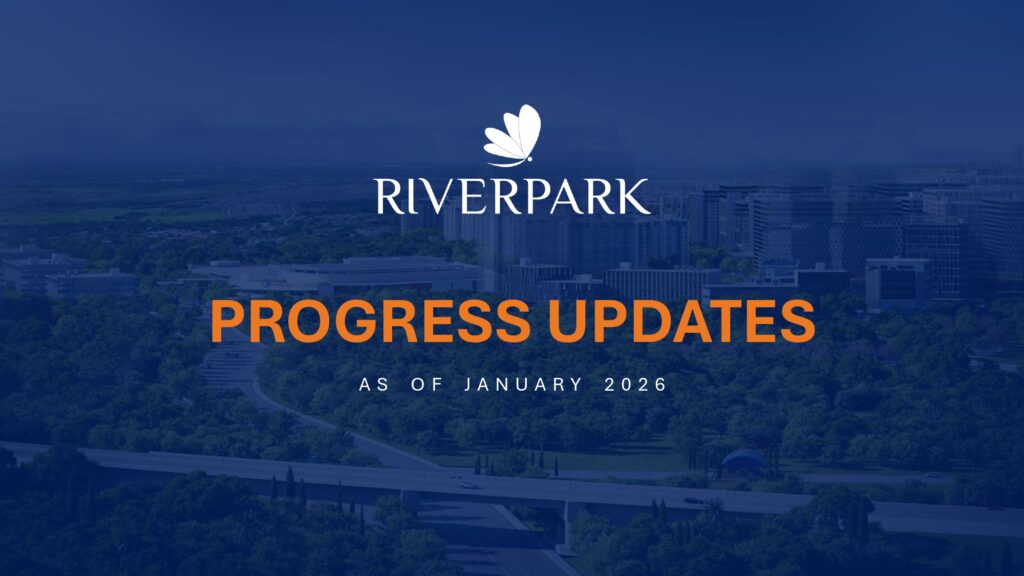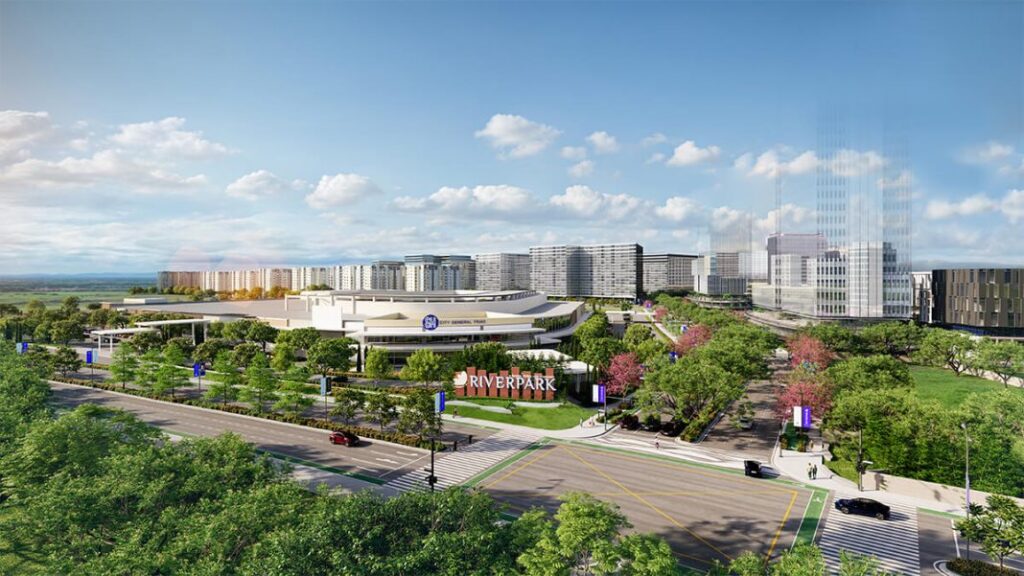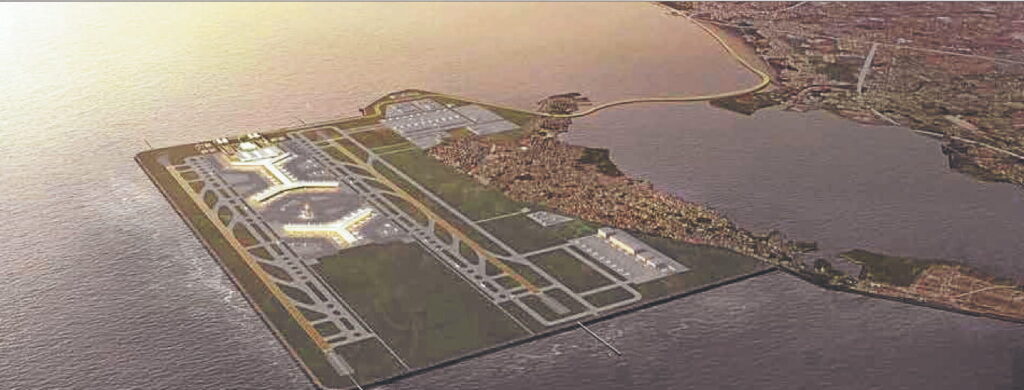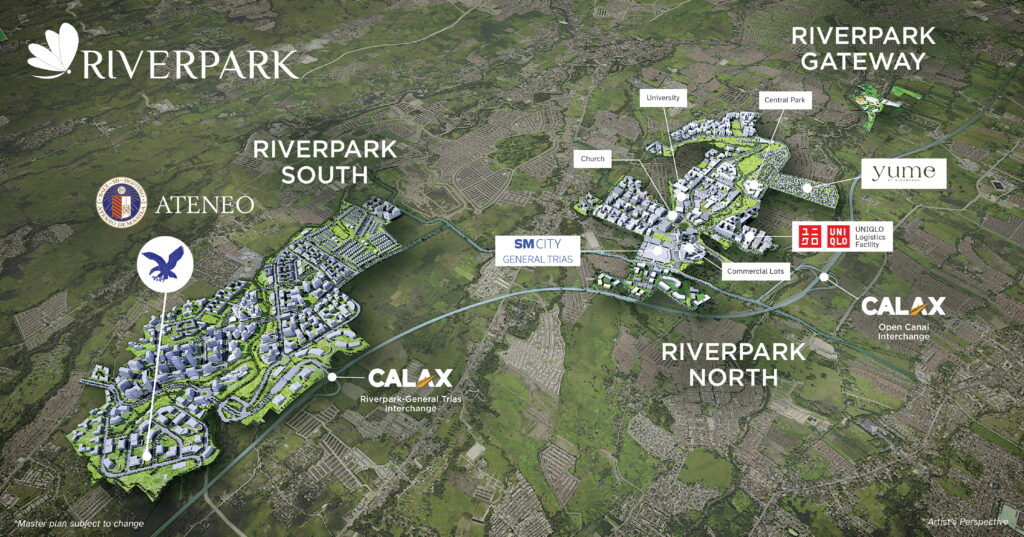FEDERAL Land NRE Global, Inc. (FNG) is banking on the growing demand for smart living with its Japanese-inspired developments in the Philippines, according to a top executive.
The Philippines’ sustained interest in Japanese technology and culture serves as a main selling point for the developer, said FNG President and Federal Land, Inc. Vice-Chairman William Thomas F. Mirasol.
FNG is the joint venture of real estate giants Federal Land, Inc. and Japan’s Nomura Real Estate Development Co. Ltd.
“The Philippines has long had an affinity for things Japanese, both in technology and popular culture. I think in terms of even electronics or cars, the Philippine market appreciates the thinking and the quality that you find in most Japanese products,” he told BusinessWorld Editor-in-Chief Cathy Rose A. Garcia as part of BusinessWorld One-on-One online interview series.
“If you have that extra layer of assurance that it was planned right and it was executed right, it can make all the difference.”
Japanese design principles are redefining modern living, blending smart technologies with natural elements to prioritize functionality and comfort.
Smart living, which integrates technology to enhance efficiency, is seen to grow in demand as these technologies become more widely available in the Philippines, Mr. Mirasol said.
Some Japanese technologies that Mr. Mirasol hopes to see in FNG’s future projects include a mechanical parking system, two-way lockers for deliveries, and underfloor storage.
However, he noted that proximity to office, retail and leisure establishments remain a key influence on Filipinos’ homebuying preferences.
“Those basic things are there, and those will always be dominant. Having access to smart technology or smart features just makes it a little bit better,” Mr. Mirasol noted.
Ty-led Federal Land first partnered with Nomura Real Estate and Isetan Mitsukoshi Holdings Ltd. to develop the premier four-tower building called The Seasons Residences in Bonifacio Global City.
The success of The Seasons Residences, which combined Japanese innovation with Filipino sensibility, led to the creation of FNG — the joint venture between Federal Land and Nomura Real Estate.
FNG’s ongoing developments include Yume at Riverpark, a Japanese-inspired neighborhood, and the Riverpark North Commercial District. Both are located within the 600-ha Riverpark township in General Trias, Cavite.
The construction of The Observatory, a multi-tower condominium in Mandaluyong City, is expected to be completed by 2030.
MARKET TRENDS
According to Mr. Mirasol, changing market preferences across real estate segments are pushing developers to improve their offerings.
In the residential sector, living spaces are shrinking amid affordability issues and smaller family sizes, he said.
To spur demand, developers have begun “hyper-amenitizing” their properties to include coworking spaces and multi-use courts.
For office, continuing adoption of work-from-home schemes has prompted developers to redesign their spaces, Mr. Mirasol said.
“As an office, you now have to earn the commute of your employees,” he said.
Nowadays, companies allocate spaces in traditional offices for wellness activities, dining, coffee shops, and even on-site counseling, Mr. Mirasol noted.
The FNG executive said increasing hyper-connectivity also means local firms are competing for talent with companies based abroad.
“Designing office space that makes it worthwhile for the employee to come in, that’s a big challenge right now,” Mr. Mirasol said.
These evolving market trends continue to influence how FNG brings the Japanese-inspired living to Filipinos.
“The thing that FNG offers, which I think is unique, is that our Japanese partners bring in all of their many, many years of experience in designing efficient, well-working homes,” Mr. Mirasol said.
“And that starts from the very design, structurally, mechanically, everything that we can do to make the living experience better,” he said.
Owning a property also pushes an individual to be engaged in their community, Mr. Mirasol also said.
“So, if you’re a property owner, number one, I think you become a better citizen. You’ll take care of the community, you’ll be more engaged because you have something at stake,” he said. “Because you have an investment that depends on things working the way they should.”
Over the next year, the Philippine property sector is expected to experience “growth across the board,” driven by the country’s young working population and economic growth, Mr. Mirasol said.
According to Mr. Mirasol, the country’s real estate market remains stable due to Filipinos’ “buy-and-hold” strategy.
“The Philippine cultural sense is when you buy property, you are going to hang on to that. You’re going to pass that down to the next generation, and that makes for a very, very stable market,” he said.
Catch BusinessWorld One-on-One online interview series “Reconfiguring Business Amid Megatrends” on BusinessWorld’s Facebook page and YouTube channel. The interview with Federal Land NRE Global, Inc. President and Federal Land, Inc. Vice-Chairman William Thomas F. Mirasol will be streamed at 11 a.m., Sept. 25 (Thursday).


